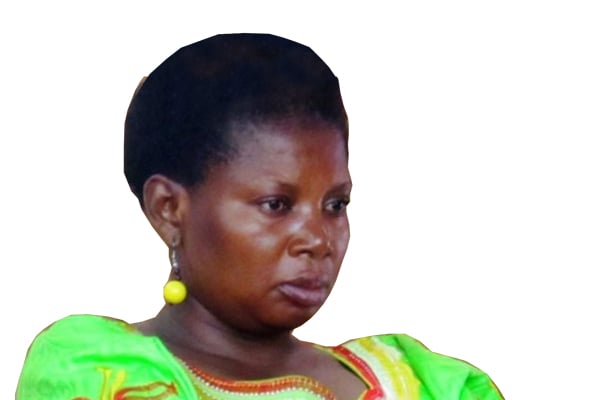Prime
How to cope with depression

In my article published in this newspaper on April 14, I explored in detail how depression has become today’s “silent killer”. In this article, we focus on the possible strategies on how we can cope with the illness.
According to experts, the most common types of depression are: Major depressive disorder, dysthymia, bi-polar depression and seasonal affective disorder. Alternatively, it can be simply classified as major or minor depression.
Because the factors contributing to depression are multifaceted, a number of different approaches to its management may be appropriate. Research suggests that a combination of therapies may provide the best treatment outcome.
According to the Mood Disorders Society of Canada, mild episodes of depression may resolve with time, aided by making important adjustment to one’s daily routines, and by seeking out the support of others. However, major or clinical depression is a serious, debilitating illness that intensely affects how you feel, think, and ultimately how you behave.
For any individual, treatment should always be case-specific, and for many, a combination of therapy and medication may be most effective to reduce depression. There are a range of effective treatments that have been proposed by health professionals and some of these are highlighted herein;
Medications. There are many different types of anti-depressant and mood stabilising medications which are found to be highly effective in treating depression. Your doctor will work with you to select the medication most likely to relieve your symptoms.
Psychotherapy (talking treatment). This may take the forms of behavioural activation, cognitive behaviour therapy, couple-focused therapy, interpersonal therapy and counselling, among others. These therapies all provide either an alternative to medication for certain types of depression, or work alongside medication.
In severe cases where other treatments do not help, electroconvulsive therapy (ECT) can also be introduced. ECT is a medical procedure that involves sending an electric current through the brain to trigger an epileptic seizure to relieve the symptoms of depression. According to medical experts, ECT seems to cause changes in brain chemistry that can quickly reverse symptoms of several mental health conditions.
Lifestyle and complementary therapies. This includes healthy activities like eating well, exercising regularly, getting enough sleep and wise use of substances/alcohol can have a significant impact on your mood and your ability to tackle challenges.
Identifying and managing stressful situations. In an article titled: “Preventing relapse of depression” published by the Canadian Mental Health Association in 2011, it was indicated that managing stress is a big part of wellness (and key in managing depression) but it’s unlikely that you can eliminate all stress from your life. This is why stress management skills are important. These skills help you identify stress and take action by solving problems proactively.
Community support programmes. This support should include information; accommodation; help with finding suitable work; training and education; psychosocial rehabilitation and mutual support groups. Understanding and acceptance by the community is also very important.
Careful use of recreational drugs (cocaine, marihuana, etc.) or performance enhancing drugs (steroids). These are also known to cause mood disorders and when discontinued can lead to an improvement in mood.
Therefore, unlike many other large-scale national or societal problems, depression has probable solutions. As clearly illustrated in this article, there are a number of well-defined and evidence-based strategies that can efficaciously and effectively address or combat this burden.
The writer is country director, Every Child Ministries Uganda.
[email protected]




